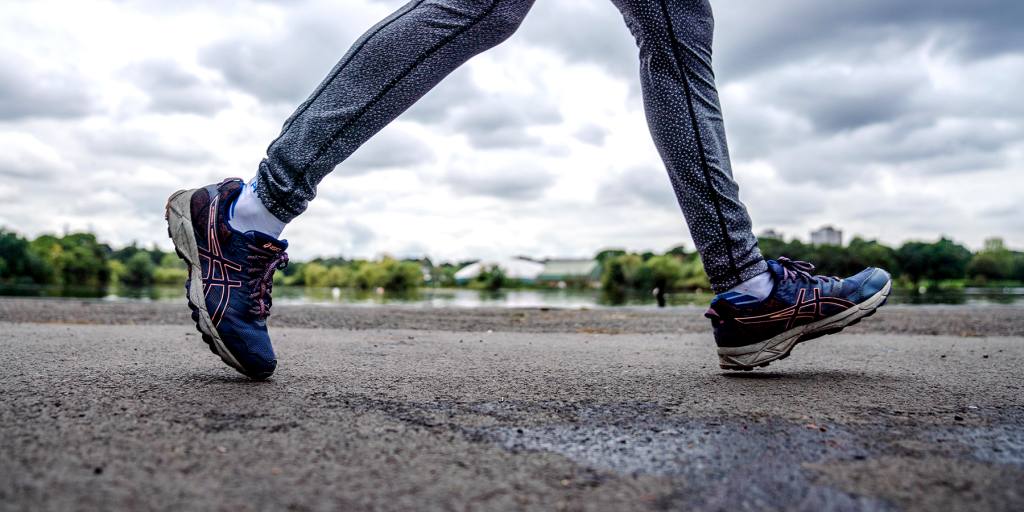The Mental Benefits of Solo Sports

Solo sports, such as running, swimming, cycling, and yoga, offer not just physical benefits but also profound mental advantages. Engaging in solo sports can be a transformative experience that enhances mental health, boosts self-esteem, and fosters personal growth. This article explores the various mental benefits of solo sports and why incorporating them into your routine can be a game-changer for your overall well-being.
Stress Reduction
One of the most significant mental benefits of solo sports is stress reduction. When you engage in physical activity, your body releases endorphins, often referred to as “feel-good” hormones. These endorphins help to alleviate stress and promote a sense of well-being. Solo sports, in particular, provide an excellent opportunity to disconnect from daily pressures and focus on your own pace and progress.
Mindfulness and Meditation
Solo sports often involve repetitive movements that can lead to a meditative state. Activities like running, swimming, and cycling encourage you to concentrate on your breathing and rhythm, promoting mindfulness. This meditative state can help clear your mind, reduce anxiety, and improve your overall mental clarity.
Improved Self-Esteem and Confidence
Engaging in solo sports can significantly boost self-esteem and confidence. When you set and achieve personal goals, whether it’s running a certain distance, swimming a specific number of laps, or mastering a yoga pose, you build a sense of accomplishment. These achievements can translate to increased confidence in other areas of your life, fostering a positive self-image.
Personal Growth and Goal Setting
Solo sports provide a unique platform for setting and achieving personal goals. Unlike team sports, where success is often measured by the collective performance, solo sports allow you to focus on your individual progress. This focus on personal growth can be incredibly motivating and can help you develop a growth mindset, where you view challenges as opportunities for improvement.

Enhanced Mental Resilience
Solo sports can also enhance mental resilience. The discipline and perseverance required to excel in solo sports can help you develop a stronger, more resilient mindset. Overcoming physical challenges, pushing through fatigue, and staying committed to your routine can translate into greater mental toughness and the ability to handle life’s adversities with more ease.
Coping Mechanism
Solo sports can serve as a healthy coping mechanism for dealing with life’s challenges. Physical activity can be an outlet for releasing pent-up emotions and frustrations. When you engage in solo sports, you have the opportunity to process your thoughts and emotions, which can lead to better emotional regulation and mental balance.
Increased Focus and Concentration
Participating in solo sports can improve your focus and concentration. Many solo sports require a high level of mental engagement, whether it’s maintaining proper form in yoga, staying alert while cycling, or pacing yourself during a long run. This mental engagement can enhance your ability to concentrate and maintain focus in other areas of your life, such as work or study.
Brain Health
Physical activity has been shown to improve brain health by increasing blood flow to the brain and promoting the growth of new neural connections. Engaging in solo sports can help keep your brain sharp, improve memory, and reduce the risk of cognitive decline as you age.
Sense of Freedom and Independence
Solo sports offer a sense of freedom and independence that is unique to individual activities. You have the flexibility to set your own schedule, choose your preferred environment, and progress at your own pace. This autonomy can be incredibly empowering and can foster a sense of self-reliance and independence.
Connection with Nature
Many solo sports, such as running, cycling, and hiking, provide the opportunity to connect with nature. Spending time outdoors has been shown to have numerous mental health benefits, including reducing symptoms of depression and anxiety, improving mood, and enhancing overall well-being. The combination of physical activity and nature can be a powerful tool for improving mental health.
Conclusion
Incorporating solo sports into your routine can have a profound impact on your mental well-being. From reducing stress and enhancing self-esteem to improving focus and building resilience, the mental benefits of solo sports are extensive. Whether you’re a seasoned athlete or just starting, embracing solo sports can help you unlock your full potential and lead a more balanced, fulfilling life. So, lace up your running shoes, grab your yoga mat, or hop on your bike – your mind will thank you.
By understanding and leveraging the mental benefits of solo sports, you can not only improve your physical health but also foster a stronger, more resilient mindset that will serve you well in all aspects of life.


